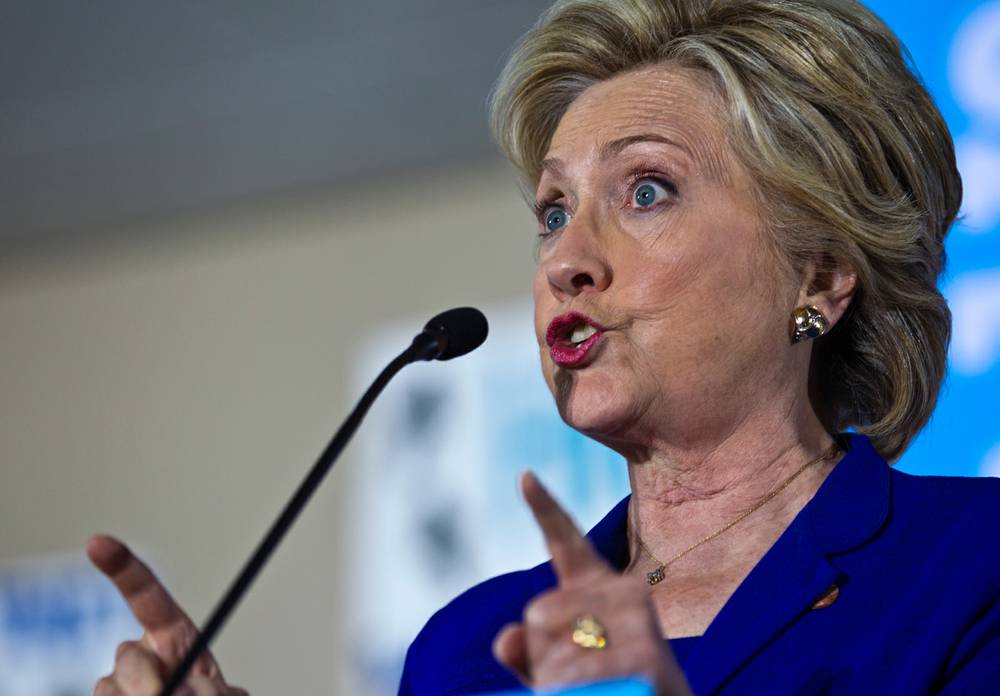It’s called “myside bias,” or more commonly, “confirmation bias.” Shahram Heshmat, a professor at the University of Illinois at Springfield, defined it succinctly in Psychology Today: “When people would like a certain idea/concept to be true, they end up believing it to be true … Once we have formed a view, we embrace information that confirms that view while ignoring, or rejecting, information that casts doubt on it.”
Truthfully, I can’t get through a presidential election cycle without confirmation bias. The more polarized and angry our country becomes, the more I need to be around those who hold my deeply felt principles—and to ignore those who don’t. If I didn’t, especially in this fiasco of an election year, my brain might have self-immolated somewhere around the primaries.
The Election Issue
- How can we get past this brutal election cycle?
- From the pitch to politics: U.S. Congressional hopeful Ruben Kihuen
- A primer on the big questions
- What the Masto Heck? A closer look at the senate candidates
- Favorite pop-culture moments inspired by the presidential election
- Confirmation bias has wreaked havoc on our social media accounts
Confirmation bias is harmful. It deprives you of important and relevant facts, and can easily ossify into ugly prejudices. I want this election to be the last time I practice it. And what that probably means is this: In roughly three years’ time, I’ll delete my social media accounts and keep them deleted until the next election cycle is done. It takes too much out of me. It gets in the way of the things I should be saying and doing.
I don’t know how many people I’ve filtered or outright blocked on Facebook and Twitter since the campaigns began. I was tired of fighting, so I just … disappeared them. There are no restrictions, legal or moral, to prevent me from doing that; all social media is strictly opt-in. (And it doesn’t prevent others from blocking me, either.) Nevertheless, as election sickness wears off, guilt is setting in—and I’m wondering how many of these disagreeables I’ll restore to my feed.
I should probably listen to Heshmat and unblock everyone. “Look for instances to prove that you are wrong,” he wrote, citing Abraham Lincoln’s proclivity for employing political rivals. “This is perhaps a true definition of self-confidence: the ability to look at the world without the need to look for instances that pleases your ego.”
It’s sound advice, and I want to live by it. But how much sh*t Lincoln would have gotten done in a day if he’d had a Twitter account? Probably not much.





